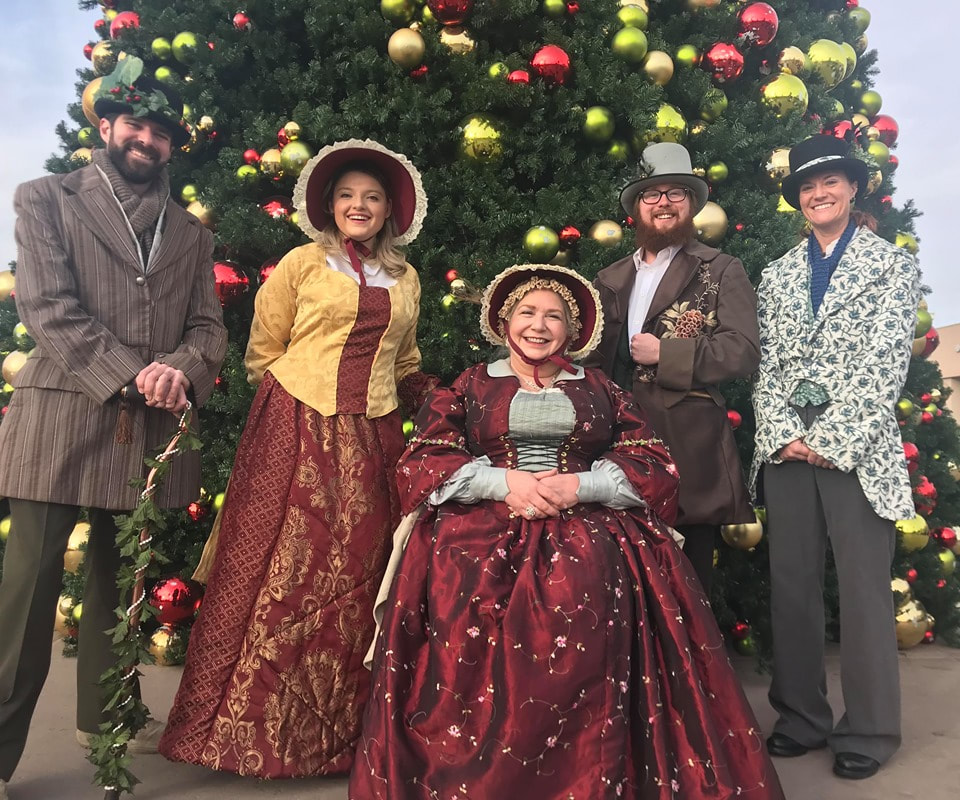
This is another song that I thought would be relatively straight-forward that has turned out to be a little more complex.
We wish you a merry Christmas,
We wish you a merry Christmas,
We wish you a merry Christmas,
And a happy New Year!
Good tidings we bring to you and your kin,
We wish you a merry Christmas,
And a happy New Year!
Now bring us some figgy pudding,
Now bring us some figgy pudding,
Now bring us some figgy pudding,
And bring some out here.
Good tidings we bring to you and your kin,
We wish you a merry Christmas,
And a happy New Year.
For we all like figgy pudding,
For we all like figgy pudding,
For we all like figgy pudding,
So, bring some out here.
Good tidings we bring to you and your kin,
We wish you a merry Christmas,
And a happy New Year.
And we won’t go till we’ve got some,
And we won’t go till we’ve got some,
And we won’t go till we’ve got some,
So, bring some out here.
Good tidings we bring to you and your kin,
We wish you a merry Christmas,
And a happy New Year.
I think this song is sung at the end of every Christmas concert. I know my Victorian caroling troupe, the High Tea Carolers, sings it at the end of every set. It’s kind of expected. But there’s a lot to dig into.
Let’s start with the general history. It is generally considered to date back to the 1500s in England. Except that there does not seem to be any mention of anything that could be this song in any of the song lists, or records that remain to us from the period. That isn’t exactly conclusive, things get lost and songs can change drastically, but it is a bit unusual for a song that is this popular.
One thing does seem pretty obvious: originally it didn’t mention the new year. Why? Well, in the 1500s, New Year’s Day was on 25 March. That is because they were still using the Julian calendar in England until 1752. (Things must have been very confusing for a couple of hundred years as to dates from one country to the next. Some countries in Europe started using the Gregorian calendar as early as 1582! The Protestant countries were slow in agreeing to use the calendar approved by a Catholic pope.) So, the Happy New Year part was added late in the song’s history.
At first, I also thought that the song would have begun singing about a happy Christmas, because I know that is how the people in England wish each other the joys of the season. But, in ye olde times, the word merrie was used. It turns out that while they seem to be synonyms, happy and merry have slightly different connotations. Happy is an emotional condition, while merry is a behavior. Interesting. And until 1932, merry was what most people in the UK wished each other at Christmas. (A usage largely promoted by Charles Dickens.) What happened in 1932? King George V gave the first monarch’s Christmas message over the radio, and he wished his subjects a Happy Christmas. The feeling at the time was that merry was lower-class, while happy was upper. (Check out Mental Floss’ short video on this, it’s fascinating.)
It is believed that the tradition of caroling door-to-door began in England in the mid-1600s, when Oliver Cromwell ruled in England. He had banned the singing of carols in churches throughout the country. (Cromwell did not approve of merry making on Christmas. He felt it should be much more solemn.) So, groups began going around the neighborhood to sing in the blessings of the season. (Keep in mind that the neighborhood of this period was a lot different from ours. In many cases this meant going to the Great House on the estate.) The singers were paid in foods like figgy pudding. Hence why they wouldn’t leave until they got some.
Which brings us to the question: what on earth is figgy pudding? When I was a kid, my older brother sang in the college’s madrigal choir. (I tried not to laugh at him wearing tights! But I loved the women’s long flowing velvet gowns.) The first time I heard the figgy pudding line, I did laugh. The idea of college students using baby-talk was too, too funny. Turns out that figgy, in this instance, isn’t baby-talk. It’s more of that olde English. Figs and plums in the medieval times should not be taken to literally mean that type of fruit. Both are used almost interchangeably to mean a dried fruit. And a pudding of this sort isn’t the custard-y pudding that we in the US think of. It is a steamed cake, filled with dried fruit. Sort of like a fruit cake, but waaaay better. (Here’s Jamie Oliver’s updated version.)
So, when did the song become popular? That’s easy. The composer, conductor, and organist Arthur Warrell arranged it for his University of Bristol Madrigal Singers and they sang it in a concert on 6 December 1935. It has been a hit ever since.
What is your favorite Christmas carol? Have you ever tried making a figgy/plum/Christmas pudding? Let me know in the comments section below. And whether you celebrate Yule, Solstice, Hanukkah, Christmas, Kwanzaa or Festivus, I hope that you and yours have a very happy season. I’ll be posting some of my favorite carols on my Minnich Music FaceBook page this week, so be sure to check them out.
Until next time!
 RSS Feed
RSS Feed